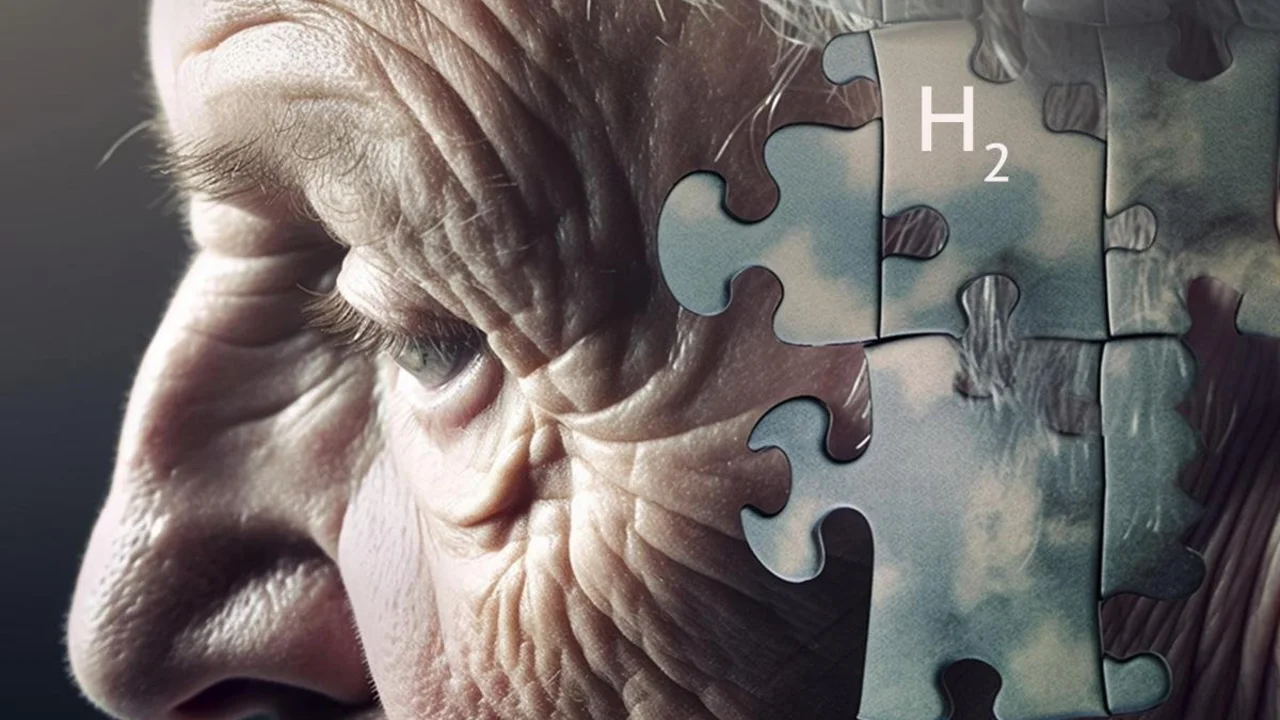Cognitive decline: Practical steps you can start today
Worried about forgetfulness or foggy thinking? Small changes often make the biggest difference. This page gives clear, usable steps to spot early signs, cut risk, and get the right help when you need it.
First, watch for red flags: repeated questions, trouble managing money, getting lost in familiar places, or major changes in mood and judgment. Those are reasons to see your doctor—not to panic, but to act.
Medical checks and medication risks
Start with a basic checkup. Simple lab tests (thyroid, B12, kidney and liver function) and a medication review can reveal reversible causes. Some drugs—like long-term benzodiazepines or strong anticholinergics—can worsen thinking. If you're on Ativan or similar meds, talk with your prescriber about dose, heart safety, and alternatives; our article "Ativan Dosage and Heart Safety" covers practical questions for heart patients.
High blood pressure and diabetes affect brain health. Keeping blood pressure in range matters more than you might think—articles on Losartan and Toprol explain how blood-pressure control ties into overall risk. If you're changing blood-pressure meds, work with your doctor to keep you safe and steady.
Daily habits that protect memory
Move your body. Aim for regular aerobic exercise plus two strength sessions a week. Both HIIT and steady-state cardio help differently—see our "HIIT vs. Steady-State Cardio" guide for real tips you can use depending on your fitness level.
Sleep matters. Poor or short sleep makes focus and memory worse. Try a consistent bedtime, limit screens before bed, and talk to your clinician if you snore or wake gasping.
Eat mostly plants, whole grains, fish, and healthy fats. No miracle food exists, but a Mediterranean-style plate—vegetables, beans, olive oil, and fish a few times a week—supports brain health.
Keep your mind active and stay social. Learn a skill, do puzzles, volunteer, or join a club. Social connection reduces stress and keeps thinking sharp.
Watch alcohol and smoking. Heavy drinking and tobacco both raise the risk of faster decline. Cutting back helps both brain and body.
If you're curious about drugs that treat memory symptoms, read our Exelon article—Exelon (rivastigmine) helps some people with Alzheimer’s symptoms, but it’s not a cure and it comes with side effects to discuss with your doctor.
Finally, track change. Use a simple notebook or app to record memory slips, mood shifts, and daily function. Bring that log to appointments—it gives your clinician useful detail and makes next steps clearer.
If memory loss starts suddenly or comes with confusion, weakness, or trouble speaking, seek urgent care—those can be signs of stroke or other emergencies.
Need practical reading? Check related guides on our site about medications, blood-pressure control, and lifestyle strategies to help you make safer choices and talk with your doctor confidently.

